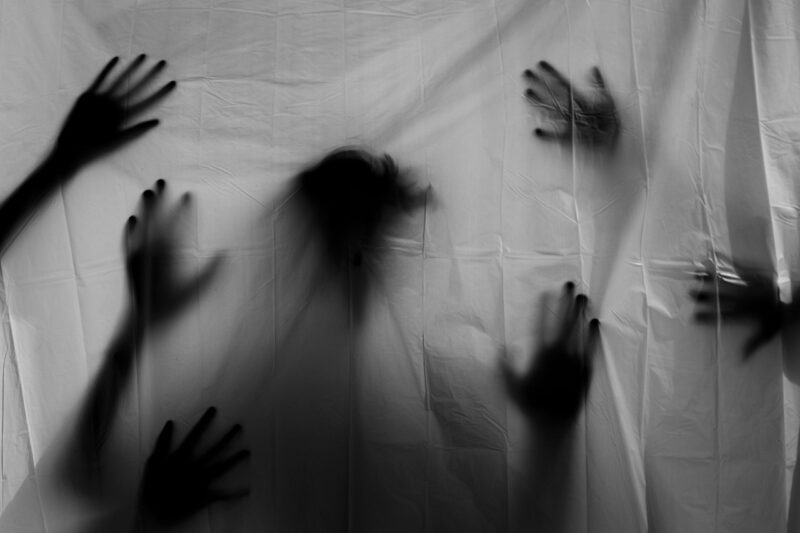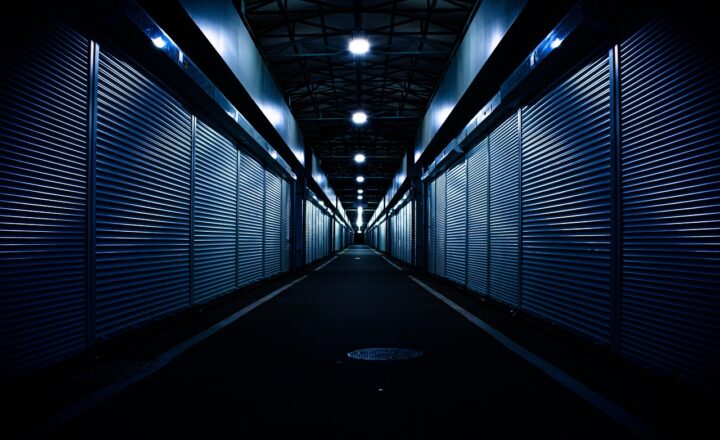The Top Horror Movie Remakes That Managed to Improve on the Originals
November 17, 2024

In the realm of cinema, horror movies have always had a special place in the hearts of audiences, often lingering in our minds long after the credits roll. Many iconic horror films have been remade over the years, leading to debates about whether these new versions can stand up to their predecessors—or, better yet, surpass them. Surprisingly, some remakes have taken the essence of the originals and infused them with fresh perspectives, superior technology, and even groundbreaking storytelling.
Join us as we delve deep into the top horror movie remakes that managed to improve on the originals, providing a thrilling ride through suspense, fear, and creativity.
1. The Fly (1986)
Originally released in 1958, “The Fly” told the harrowing tale of a scientist whose experiment goes horribly wrong, resulting in a disastrous transformation. However, it was David Cronenberg’s 1986 remake that truly encapsulated the terror of the human experience.
With Jeff Goldblum delivering a mesmerizing performance as the tragically doomed scientist, the film stands out for its profound emotional depth and groundbreaking practical effects. Instead of merely showcasing grotesque transformations, Cronenberg’s version profoundly explores themes of identity, love, and loss. The haunting imagery coupled with a heart-wrenching storyline makes this remake a classic that holds its own against, if not surpasses, the original.
2. The Ring (2002)
Japan’s “Ringu” (1998) ignited a wave of interest in J-horror movies worldwide, captivating audiences with its eerie plot revolving around a cursed videotape. Gore Verbinski’s American adaptation, “The Ring,” expanded upon the original’s eerie atmosphere while honing in on Western sensibilities.
The chilling performance by Naomi Watts as a journalist investigating the curse, alongside the film’s haunting visuals and innovative cinematography, effectively breathed new life into the story. With its pulse-pounding tension and effective use of suspense, “The Ring” not only honors its predecessor but evolves into a quintessential psychological horror experience.
3. Dawn of the Dead (2004)
George A. Romero’s original “Dawn of the Dead” (1978) is often regarded as one of the best zombie films ever made, capturing a bleak and biting social commentary on consumerism. Zombified shopping mall patrons seem all too real even today. Yet, Zack Snyder’s 2004 remake brings an exhilarating and frenzied energy, pushing the story into modern territory.
With its stunning visuals and rapid-fire pace, the remake captures the chaotic essence of a zombie apocalypse while delivering intense action sequences. Though it retains social critiques of its own, Snyder offers a thrilling ride that appeals to both fans of the original and newcomers to the genre, proving that sometimes, reimagining can amplify the excitement.
Evil Dead (2013)
Sam Raimi’s “Evil Dead” (1981) became a cult classic with its blend of horror and dark humor. While the original paved the way for the genre, Fede Álvarez’s 2013 remake emerges as a daringly intense survival horror film that embraces its roots while turning the horror dial to eleven.
This adaptation is notable for its sheer intensity—gritty practical effects and a relentless atmosphere of dread leave audiences on the edge of their seats. Rather than relying heavily on Raimi’s campy approach, Álvarez injects a modern sensibility into the film, focusing on psychological terror mixed with visceral brutality. The result is a frightening experience that seconds the original’s legacy while establishing itself as a new benchmark for horror remakes.
A Nightmare on Elm Street (2010)
While the 2010 remake of “A Nightmare on Elm Street” received mixed reviews, many horror enthusiasts appreciated the approach by director Samuel Bayer. The original (1984) introduced audiences to the terrifying Freddy Krueger, played by the iconic Robert Englund. However, the remake attempted to recontextualize Freddy’s origins, exploring deeper psychological elements that tied into the storyline.
Jackie Earle Haley stepped into the role, delivering a hauntingly sinister performance that redefined the character. This adaptation sparked discussions about nostalgia and the potential of horror to evolve—a tightrope that many remakes struggle to walk. Overall, it may not have captured the brilliance of the first, but it wisely approached the source material with a unique vision worth acknowledging.
The Invisible Man (2020)
The 1933 classic “The Invisible Man” laid the groundwork for science fiction horror, while Leigh Whannell’s 2020 remake reimagines the story through a contemporary lens, emphasizing themes of domestic abuse and manipulation.
Starring Elisabeth Moss, “The Invisible Man” skillfully intertwines psychological horror with a harrowing narrative of empowerment against an abuser. The cinematography captures the eerie feeling of isolation as the invisible antagonist lurks, and the suspense builds to a chilling crescendo. Whannell’s take not only pays homage to the original but profoundly reinvents it for a modern audience, showcasing the capacity of horror to address real-world issues while delivering a pulse-pounding cinematic experience.
Conclusion
Horror movie remakes can often invoke skepticism, yet the titles highlighted here demonstrate that revisiting the darker corners of storytelling can yield remarkable results. By employing modern filmmaking techniques, deeper character exploration, and fresh thematic perspectives, these remakes not only stand proudly alongside their predecessors but manage to elevate the narratives to a whole new level. Whether you’re a fan of classic horror or contemporary chillers, it’s worth exploring these remakes that showcase the evolution of fear in cinema.
As we continue to navigate the fears and uncertainties of our times, let these films remind us that, sometimes, the past can be the foundation for extraordinary new stories.








